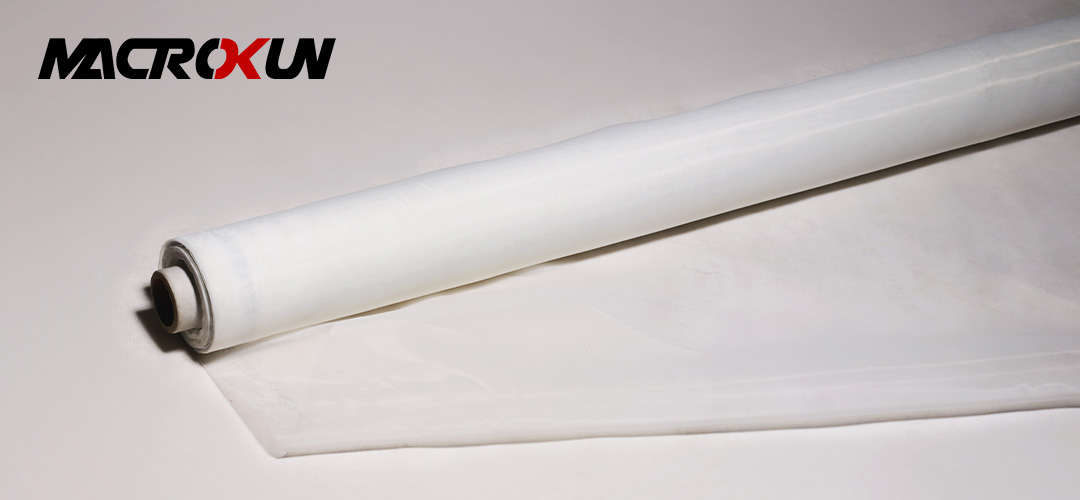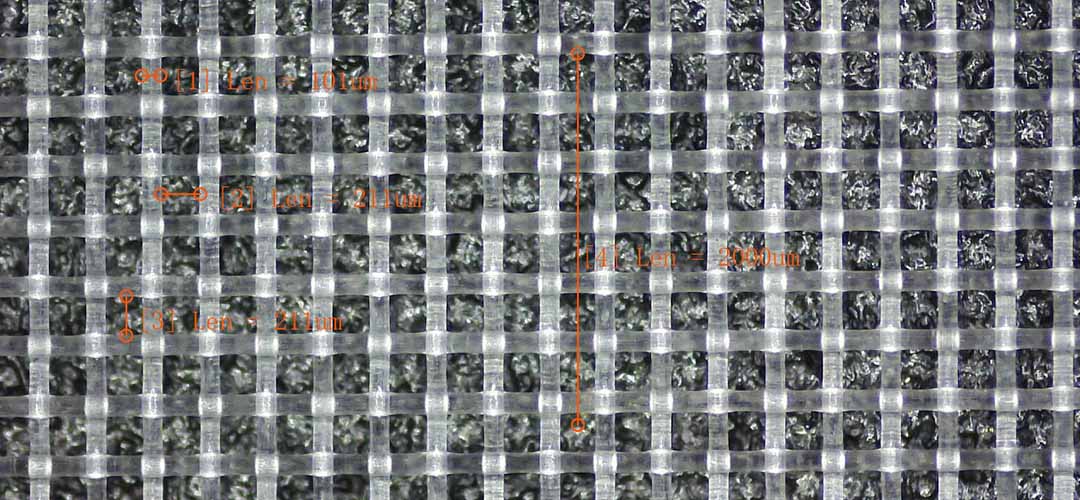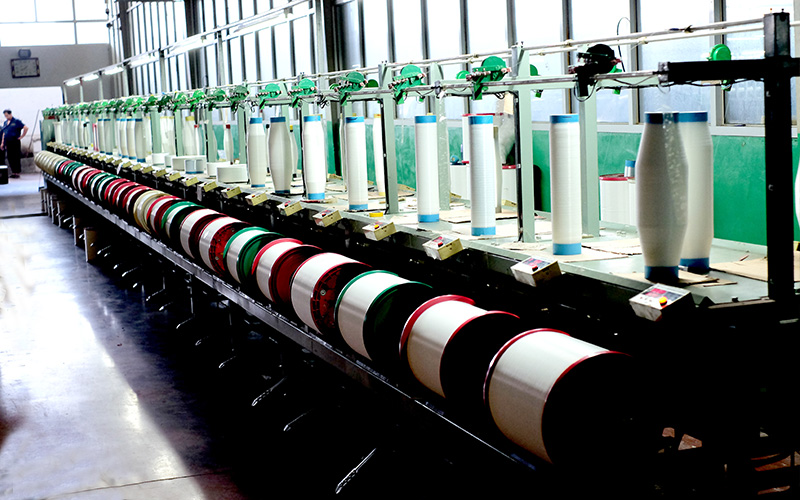When it comes to choosing the right filter material for your strainers, nylon mesh is a popular choice for many industries. Nylon mesh offers a variety of benefits that make it an ideal option for filtering applications. In this article, we will discuss the benefits of using nylon mesh filter material strainers and provide some tips on how to choose the right one for your specific needs.
One of the main advantages of nylon mesh filter material is its durability. Nylon is a strong and resilient material that can withstand high temperatures and harsh chemicals, making it suitable for a wide range of applications. Whether you are filtering water, chemicals, or food products, nylon mesh strainers can provide reliable and long-lasting performance.
Another benefit of nylon mesh filter material is its flexibility. Nylon mesh can be easily molded into different shapes and sizes, making it versatile for various filtration needs. Whether you need a small strainer for a laboratory application or a large filter for industrial use, nylon mesh can be customized to meet your specific requirements.
In addition to its durability and flexibility, nylon mesh filter material is also easy to clean and maintain. Unlike some other filter materials that can become clogged or damaged over time, nylon mesh can be easily rinsed or washed to remove any debris or contaminants. This makes nylon mesh strainers a cost-effective option for businesses looking to minimize downtime and maintenance costs.
When choosing a nylon mesh filter material strainer, there are a few key factors to consider. First, you will need to determine the mesh size that is appropriate for your application. The mesh size refers to the number of openings per inch in the nylon material, with smaller numbers indicating finer mesh and larger numbers indicating coarser mesh. The mesh size you choose will depend on the size of the particles you need to filter out and the flow rate you require.
You will also need to consider the micron rating of the nylon mesh filter material. The micron rating refers to the size of the particles that the mesh can capture, with lower micron ratings indicating finer filtration. Depending on the level of filtration you need, you may need to choose a nylon mesh with a specific micron rating to ensure that it effectively removes contaminants from your liquid or gas stream.
In addition to mesh size and micron rating, you should also consider the construction of the nylon mesh filter material strainer. Look for strainers that are made with high-quality nylon material that is resistant to chemicals, abrasion, and temperature extremes. A well-constructed nylon mesh strainer will provide reliable performance and long service life, saving you time and money in the long run.
In conclusion, nylon mesh filter material strainers offer a range of benefits for businesses looking to improve their filtration processes. From durability and flexibility to easy maintenance and customization options, nylon mesh strainers are a versatile and cost-effective solution for a variety of applications. By considering factors such as mesh size, micron rating, and construction quality, you can choose the right nylon mesh filter material strainer for your specific needs and enjoy reliable performance for years to come.
When it comes to selecting the right nylon mesh filter material strainer for your specific needs, there are several factors to consider. From the size of the mesh to the material of the strainer itself, each decision can have a significant impact on the effectiveness and efficiency of your filtration system. In this article, we will discuss some key factors to keep in mind when choosing nylon mesh filter material strainers.
One of the first things to consider when selecting a nylon mesh filter material strainer is the size of the mesh. The size of the mesh will determine the level of filtration that the strainer can provide. A smaller mesh size will catch smaller particles, while a larger mesh size will allow larger particles to pass through. It is important to consider the size of the particles you are trying to filter out when selecting the mesh size for your strainer.
Another important factor to consider is the material of the strainer itself. Nylon is a popular choice for mesh filter material strainers due to its durability and resistance to corrosion. However, there are other materials available, such as stainless steel or polyester, that may be better suited to certain applications. Consider the environment in which the strainer will be used and choose a material that is compatible with that environment.
In addition to the size of the mesh and the material of the strainer, it is also important to consider the design of the strainer. Some nylon mesh filter material strainers are designed to be disposable, while others are designed to be cleaned and reused. Consider how often the strainer will need to be replaced or cleaned, and choose a design that is convenient and cost-effective for your specific needs.
It is also important to consider the flow rate of the strainer when selecting a nylon mesh filter material strainer. The flow rate will determine how quickly the strainer can filter out particles from the fluid passing through it. A strainer with a higher flow rate will be able to filter out particles more quickly, but may also be more prone to clogging. Consider the flow rate requirements of your system and choose a strainer that can meet those requirements.
Finally, consider the cost of the nylon mesh filter material strainer when making your selection. While it may be tempting to choose the cheapest option available, it is important to consider the long-term costs of the strainer. A higher-quality strainer may be more expensive upfront, but it may also last longer and provide better filtration results. Consider your budget and the value that the strainer will provide to your filtration system when making your decision.
In conclusion, there are several factors to consider when selecting a nylon mesh filter material strainer. From the size of the mesh to the material of the strainer itself, each decision can have a significant impact on the effectiveness and efficiency of your filtration system. By carefully considering these factors and choosing a strainer that meets your specific needs, you can ensure that your filtration system operates at its best.
When it comes to choosing the right nylon mesh filter material strainers for your needs, there are several factors to consider. Nylon mesh filter material strainers are commonly used in a variety of industries, including food and beverage, pharmaceutical, and chemical processing. These strainers are designed to remove impurities and particles from liquids and gases, ensuring a clean and efficient process.
One of the first things to consider when choosing nylon mesh filter material strainers is the size of the mesh. The mesh size refers to the number of openings per inch in the mesh material. A smaller mesh size will capture smaller particles, while a larger mesh size will allow larger particles to pass through. It is important to consider the size of the particles you are trying to filter out when selecting the mesh size for your strainer.

Another important factor to consider is the material of the nylon mesh filter. Nylon is a popular choice for filter material due to its durability and resistance to chemicals and abrasion. However, there are different types of nylon mesh available, each with its own unique properties. Some nylon mesh filter materials are designed to withstand high temperatures, while others are more suitable for use with corrosive chemicals. It is important to choose a nylon mesh filter material that is compatible with the specific conditions of your application.
In addition to mesh size and material, it is also important to consider the design of the nylon mesh filter material strainer. There are several different types of strainers available, including basket strainers, inline strainers, and Y-strainers. The type of strainer you choose will depend on the specific requirements of your application. Basket strainers are ideal for applications where a large volume of liquid needs to be filtered, while inline strainers are more suitable for applications where space is limited.

When selecting a nylon mesh filter material strainer, it is also important to consider the flow rate of the system. The flow rate refers to the volume of liquid or gas that can pass through the strainer per unit of time. It is important to choose a strainer with a flow rate that is compatible with the flow rate of your system to ensure efficient filtration.
Finally, it is important to consider the maintenance requirements of the nylon mesh filter material strainer. Regular maintenance is essential to ensure the proper functioning of the strainer and prevent clogs and blockages. Some nylon mesh filter materials are easier to clean and maintain than others, so it is important to choose a strainer that is easy to maintain.

In conclusion, choosing the right nylon mesh filter material strainer is essential for ensuring the efficiency and effectiveness of your filtration system. By considering factors such as mesh size, material, design, flow rate, and maintenance requirements, you can select a strainer that meets the specific needs of your application. With the right nylon mesh filter material strainer in place, you can ensure a clean and efficient filtration process.
Pre: Nylon Mesh for Filter Fabrics: A Reliable Choice for Every Industry
Next: How Nylon Mesh Filter Material Improves Filtration Performance

MACROKUN has established long-term and stable cooperative relations with many transportation companies such as China Post, DHL, FEDEX, USPS, UPS, etc. Of course, MACROKUN can also provide air and sea transportation. The powerful logistics system enables all MACROKUN'S Printing Mesh, Filter Mesh and Filter Bags and so on to be easily and efficiently transported to any place. For quotes and inquiries, please email our sales team.





